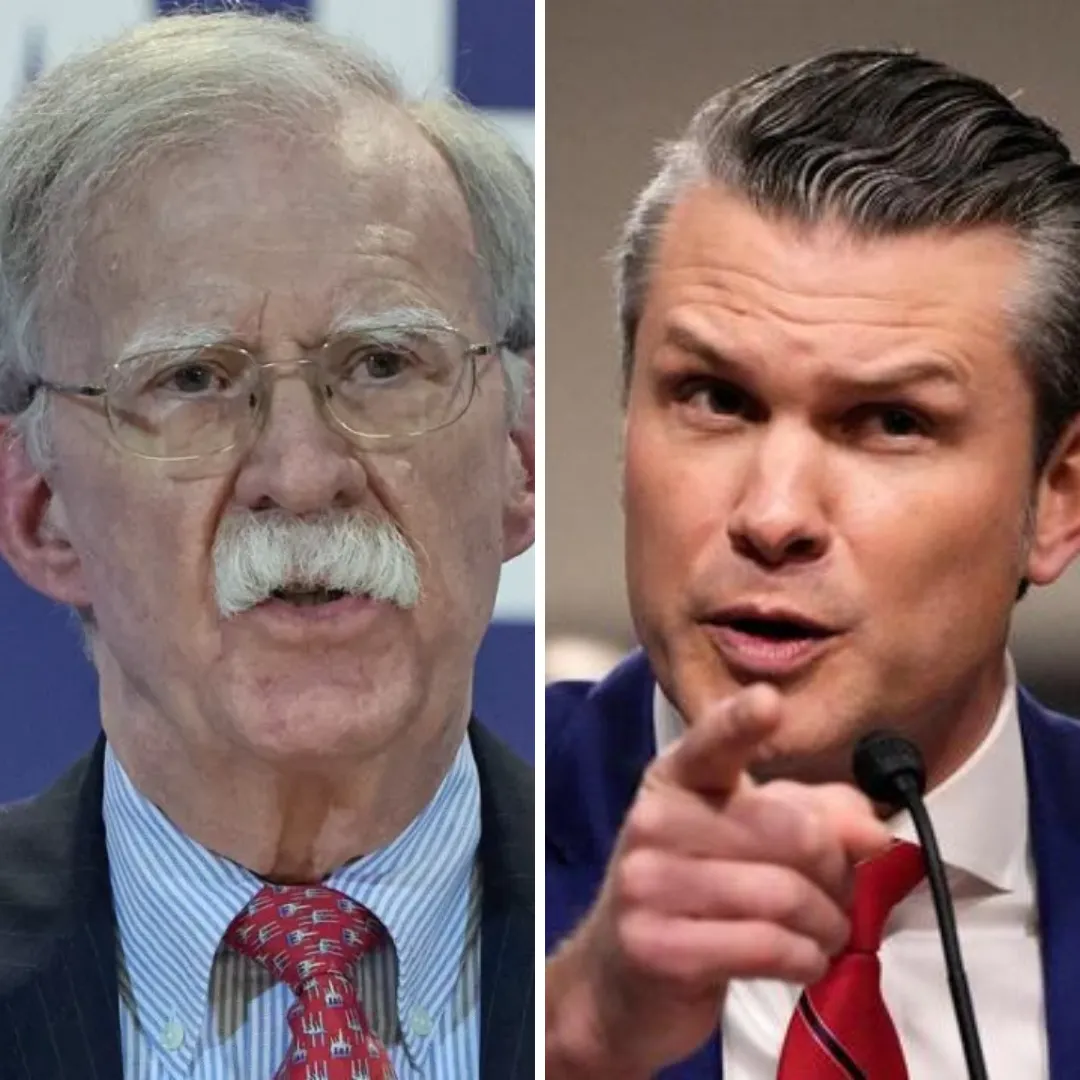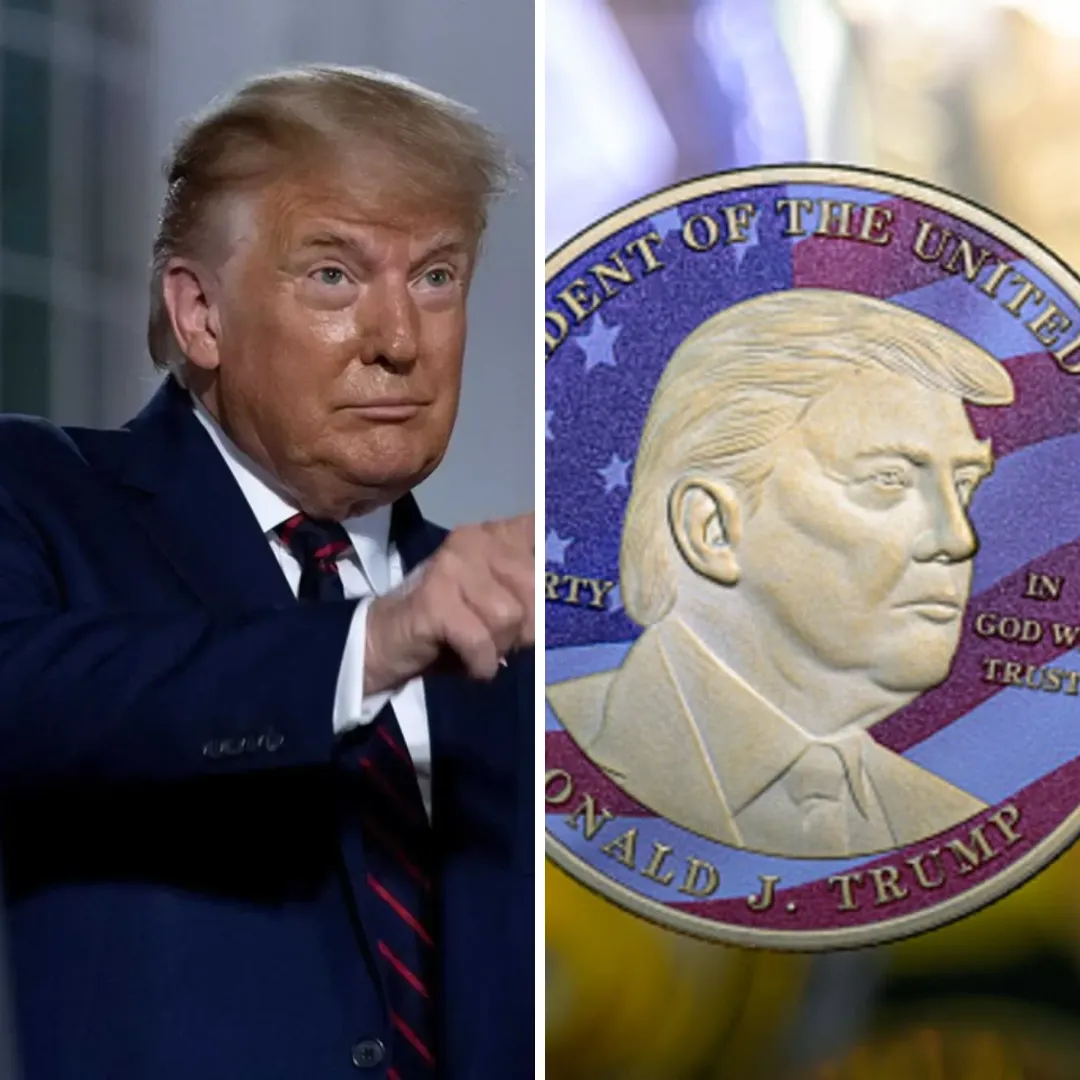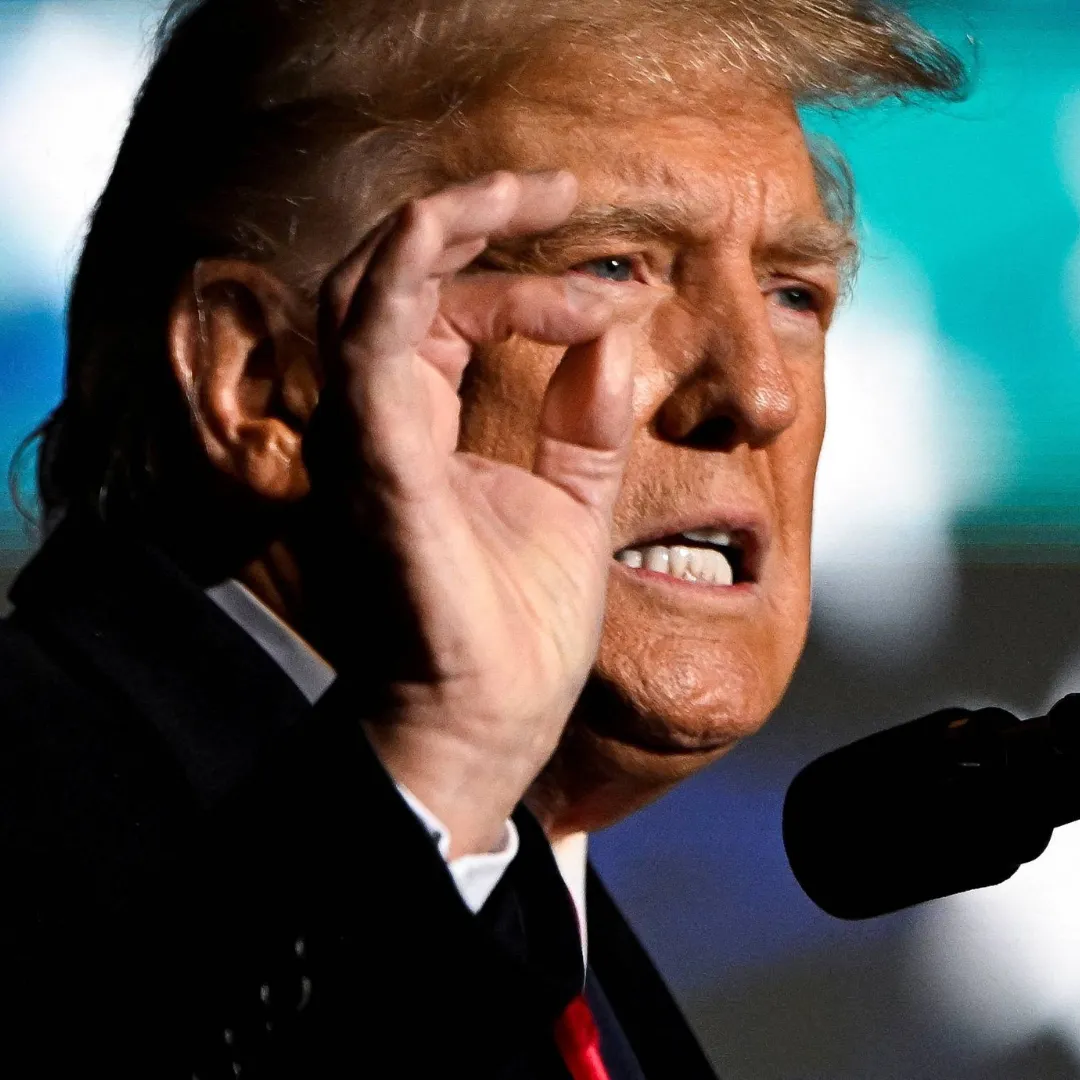
The room fell quiet for a moment as President Trump stood beside Salvadoran President Nayib Bukele during a press conference at the White House. Then, with characteristic bravado, he spoke words that would echo across the country within hours.
"If it’s a homegrown criminal, I have no problem," Trump said. "Now, we’re studying the laws right now. Pam is studying. If we can do that, that’s good. And I’m talking about violent people. I’m talking about really bad people. Really bad people. Every bit as bad as the ones coming in."
In that moment, what had begun as a diplomatic meeting between two controversial leaders turned into a flashpoint for a national conversation that mixed legal limits, moral boundaries, and the very essence of what it means to be a citizen under the protection of the United States Constitution.
At the heart of the issue was a suggestion that, even in the turbulent landscape of modern American politics, seemed shocking to many. The President of the United States was openly entertaining the idea of sending American citizens—citizens convicted of violent crimes—to a foreign country to serve out their sentences.
The country in question, El Salvador, is home to the notorious mega-prison recently constructed by Bukele’s government. A sprawling fortress of concrete and steel, it houses thousands of alleged gang members in what human rights groups have described as inhumane conditions.
The legal community responded swiftly. Within hours of Trump’s comments, constitutional scholars, former judges, and legal organizations made clear that the proposal lacked any legal foundation.
Citizenship in the United States, they pointed out, includes certain inviolable rights—among them, protection under the Eighth Amendment, which prohibits cruel and unusual punishment, and the Fourteenth Amendment, which guarantees due process under the law.
Senator John Kennedy of Louisiana, a Republican and frequent defender of conservative policy, did not mince words when asked about the president’s remarks during his appearance on Meet the Press.
"No, ma’am. Nor should it be considered appropriate or moral," Kennedy told moderator Kristen Welker. "We have our own laws. We have the Eighth Amendment to the Constitution. We shouldn’t send prisoners to foreign countries in my judgment."

Kennedy’s firm stance drew attention for its clarity in a political era where statements are often carefully hedged. His answer underscored a growing divide within the Republican Party—between those who are willing to follow Trump into increasingly unconventional territory, and those who are drawing lines in the sand when it comes to constitutional fidelity.
The broader public reaction ranged from disbelief to outrage. On social media, phrases like "Exile isn’t justice" and "Keep our citizens in our courts" began trending. Legal analysts across networks emphasized that there was no known legal mechanism by which a U.S. citizen—regardless of their crime—could be forcibly deported or exiled to another country. Deportation, by definition, applies only to non-citizens.
"This is not just unconstitutional," said Maya Linford, a former federal prosecutor and professor of constitutional law. "It’s un-American. The very idea that our government would export its own citizens to a foreign prison system, simply because they are violent or unpopular, runs counter to every legal principle we have built over two centuries."
Still, the Trump administration appeared undeterred. White House officials confirmed that Attorney General Pam Bondi was indeed reviewing existing legal frameworks to determine whether any pathway existed to make such transfers possible. They did not elaborate on whether such a review was formal or speculative.
Behind the scenes, insiders suggested that the administration’s strategy was less about actual legal implementation and more about sending a message. By aligning himself with Bukele, Trump was reinforcing his tough-on-crime credentials and demonstrating to his base that he was willing to go further than previous administrations in the fight against violent offenders—regardless of the political or legal cost.
But for critics, the message being sent was something far darker.
"This is about scapegoating," said Rep. Laura Sánchez of New York. "This administration is constantly looking for someone to blame. Immigrants. Refugees. Protesters. Now it's American citizens who commit crimes. The idea of sending them to another country to rot in a prison without access to our courts or protections is authoritarianism, plain and simple."
Bukele, for his part, has not issued a formal response to the proposal. However, he has previously expressed willingness to cooperate with the Trump administration on immigration-related issues. His prison, which houses over 40,000 inmates in extreme conditions, has been criticized by watchdog organizations for its lack of medical care, overcrowding, and routine human rights violations.

Photos leaked earlier this year showed inmates forced to kneel in rows with shaved heads, hands behind their backs, in what appeared to be ritualized public humiliations.
Despite the concerns, Bukele’s prison has become a symbol of strength for many in El Salvador, particularly in communities terrorized by gang violence. Trump has repeatedly praised Bukele’s efforts, calling him a "strong leader" and "a great friend to the United States." In their recent meeting, the two leaders discussed further security cooperation, although details remained vague.
The legal debate, meanwhile, continues to evolve. According to several constitutional experts, even if a citizen were to voluntarily request to serve time abroad—which itself would be rare and ethically fraught—it would still require bilateral agreements, oversight, and adherence to international human rights standards. No such system currently exists between the U.S. and El Salvador.
"This isn’t like a prisoner exchange or a voluntary relocation," said Dr. Calvin Merriweather, a professor of international law. "What’s being floated here is a one-sided act of exile, and exile as punishment has been explicitly rejected by modern democratic systems for generations."
Within the Department of Justice, there is reported concern over the proposal’s legal basis. Though Bondi has not publicly commented, sources familiar with her office said the review was "routine in name only" and unlikely to produce any actionable plan. One official, speaking anonymously, noted that there was significant internal disagreement about even entertaining the idea.
"This isn’t just a legal issue," the official said. "It’s an ethical one. We can’t cherry-pick which parts of the Constitution we follow depending on who’s sitting in the Oval Office."
For many, the episode represents a new escalation in the ongoing friction between the Trump administration and the legal frameworks that define American governance. In the past year alone, Trump has proposed altering birthright citizenship, questioned the impartiality of federal judges, and clashed repeatedly with the Supreme Court. His latest proposal, some fear, could normalize the idea of abandoning core legal principles when convenient.
Still, for others, the proposal resonated. In towns where violent crime remains a constant concern, some saw Trump’s suggestion not as a legal threat, but as a refreshing break from what they viewed as a system that too often protects the guilty.
"I don’t care where they send them," said Greg Millman, a retired police officer from Ohio. "These guys kill, rape, destroy lives. If some other country wants to lock them up tighter than we do, good. Let ’em go."
It’s that divide—the one between a desire for immediate justice and the enduring principles of constitutional law—that seems to define the current political moment.
As Senator Kennedy warned in his interview, America cannot sacrifice its own legal foundation in pursuit of tougher criminal policy.
"We have our own laws," he said. "And they apply to everyone, even the ones we fear. Especially them."
Whether Trump will continue pushing the idea remains to be seen. But one thing is clear: the boundaries of executive imagination are stretching further than ever before, challenging not just legal norms, but the moral compass of a nation.




